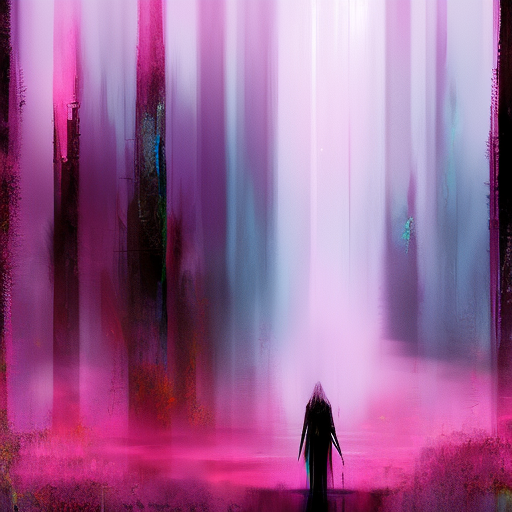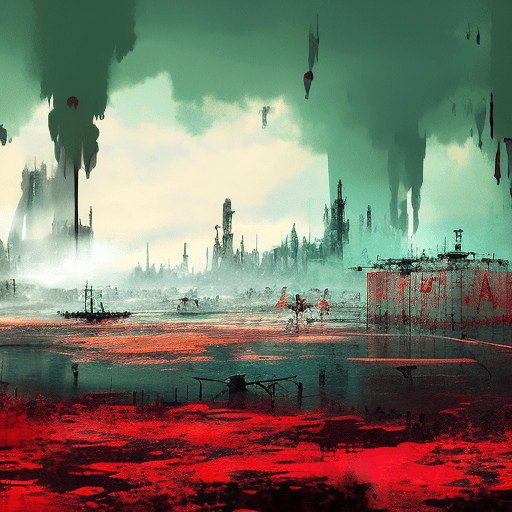One-line Summary:
Epilogue is a thought-provoking exploration of death, grief, and the afterlife, offering a unique perspective on what comes next.
Life After Death: A Journey into the Unknown
In “Epilogue,” author Anne Roiphe delves into the realm of death, grief, and the afterlife, weaving together personal anecdotes, philosophical musings, and historical references to offer readers a thought-provoking exploration of what lies beyond our mortal existence.
Roiphe begins by sharing her own experiences with death and grief, recounting the loss of her husband and the profound impact it had on her life. She reflects on the various stages of grief, from denial and anger to acceptance and finding meaning in the midst of loss. Through her candid and introspective storytelling, Roiphe invites readers to confront their own fears and beliefs surrounding death, challenging conventional notions and offering a fresh perspective on the subject.
A Historical and Cultural Lens
Drawing on a wide range of historical and cultural references, Roiphe examines how different societies and religions have grappled with the concept of death throughout the ages. She explores ancient Egyptian beliefs in the afterlife, the rituals and practices surrounding death in various cultures, and the ways in which different religions offer solace and hope in the face of mortality.
Roiphe also delves into the works of renowned philosophers and thinkers, such as Plato, Socrates, and Nietzsche, who have pondered the nature of death and its implications for human existence. She skillfully weaves these intellectual insights into her own narrative, creating a rich tapestry of ideas that encourages readers to contemplate their own mortality and the meaning of life.
Exploring the Afterlife
One of the central themes of “Epilogue” is the exploration of the afterlife. Roiphe delves into various theories and beliefs about what happens to us after we die, ranging from religious conceptions of heaven and hell to more abstract notions of reincarnation and spiritual transcendence.
Roiphe’s exploration of the afterlife is not limited to religious or spiritual perspectives. She also delves into scientific theories and research on near-death experiences, consciousness, and the possibility of an afterlife beyond the physical realm. By examining both the spiritual and scientific aspects of the afterlife, Roiphe invites readers to consider the possibilities and question their own beliefs.
Key Takeaways:
- Death and grief are universal experiences that shape our lives and force us to confront our own mortality.
- There is no one-size-fits-all answer to the question of what happens after death, and it is up to each individual to find their own meaning and beliefs.
- Exploring different cultural, religious, and philosophical perspectives can broaden our understanding of death and the afterlife.
- Confronting our fears and beliefs surrounding death can lead to personal growth, acceptance, and a deeper appreciation for life.
“Death is the mother of beauty,” Roiphe writes, reminding us that our mortality gives meaning and urgency to our existence, urging us to embrace life fully.
In “Epilogue,” Anne Roiphe offers a poignant and thought-provoking exploration of death and the afterlife. Through personal anecdotes, historical references, and philosophical musings, she challenges readers to confront their own fears and beliefs surrounding mortality. By delving into the cultural, religious, and scientific perspectives on death, Roiphe encourages us to contemplate the mysteries of life and find our own meaning in the face of death. Ultimately, “Epilogue” reminds us that death is not the end, but rather a catalyst for embracing the beauty and urgency of life.












